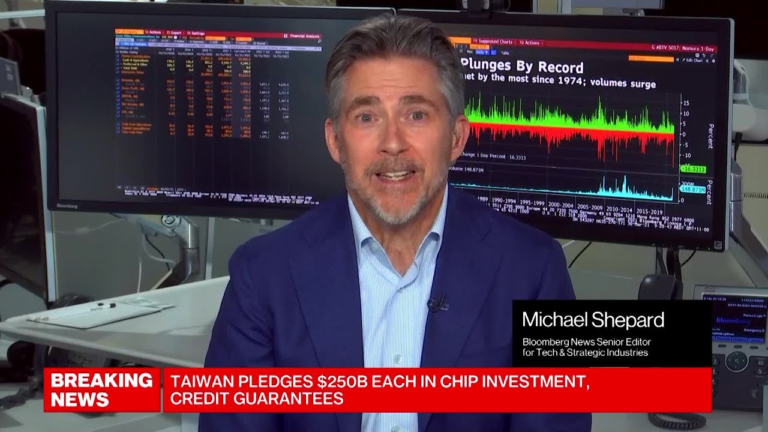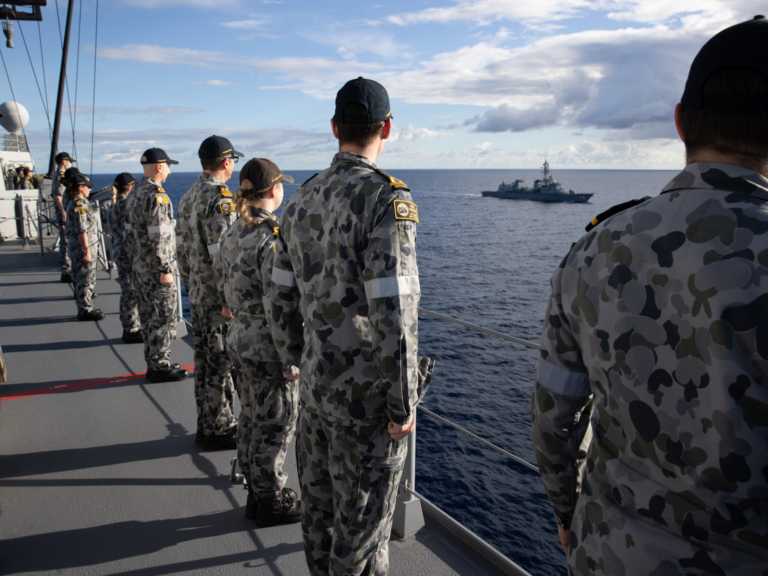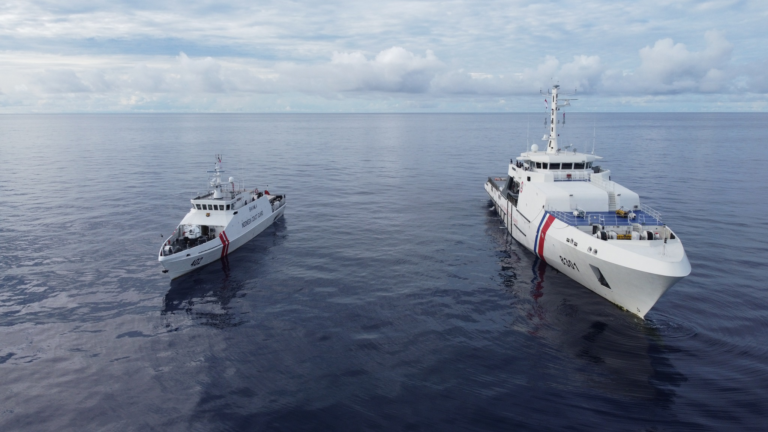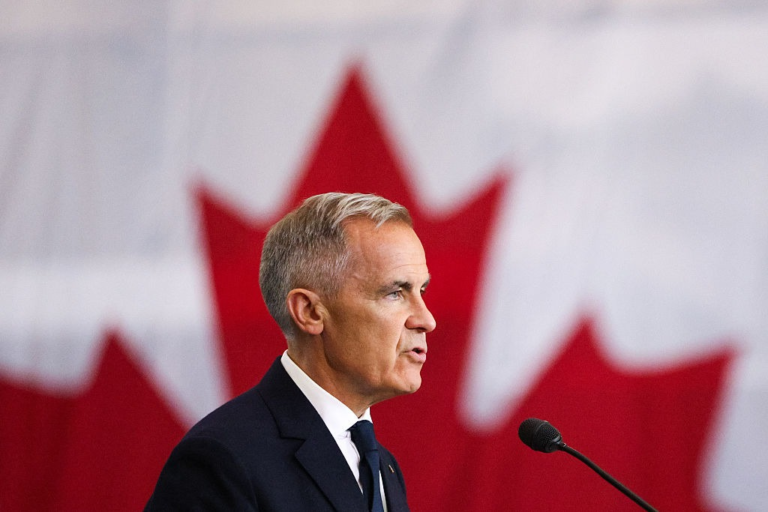
China-linked crime networks continue exploiting Pacific Island Countries and territories, among others, to launder money and conduct other illicit activities with far-reaching consequences, according to recent investigations.
The World Hongmen History and Culture Association (Hongmen), for example, is engaged in activities with the Chinese Communist Party (CCP), The Washington Post newspaper and the International Consortium of Investigative Journalists (ICIJ) reported in June 2025.
The association, which describes itself as a fraternal organization devoted to promoting Chinese culture abroad, is a front for China’s largest organized crime triads, according to the United States Treasury Department.
Despite sanctions, the Hongmen network continues to expand and advance CCP objectives across Africa, the Pacific and Southeast Asia, the ICIJ and the newspaper reported. The United Nations Office on Drugs and Crime (UNODC) Southeast Asia and the Pacific previously reported similar findings.
Beijing has employed the Hongmen as a covert foreign influence arm of the CCP for more than a decade to execute gray-zone activities that violate local laws and national sovereignty.
Wan Kuok-koi — known as Broken Tooth — presides as chairman of the Hongmen, which has 300,000 members worldwide, notably operating in Cambodia, Malaysia, Palau, the Philippines, South Africa, Taiwan, Thailand and Uganda. Beyond China’s borders, Hongmen criminal enterprises include human and drug trafficking, illegal gambling, espionage, election interference, and financial crimes such as fraud, bribery, stock manipulation, racketeering and money laundering, particularly related to fentanyl trafficking.
Wan rose to prominence in the 1990s as boss of the Hongmen triad in Macao, a region on China’s southern coast, where he controlled a $50 million casino stake and commanded 10,000 triad members. Portugal, which governed Macao until handing it over to China in 1999, prosecuted Wan on gambling, loan-sharking and attempted murder charges. During Wan’s ensuing 14-year prison sentence, China forced organized crime schemes and scams out of its borders. When Wan’s sentence ended in 2012, Beijing seized the opportunity to co-opt him and the Hongmen as nonstate actors to further CCP policy goals internationally.
CCP General Secretary Xi Jinping increasingly has pursued China’s foreign policy goals through his United Front strategy, which blends criminal enterprises with state-sponsored information operations and coercive diplomacy. The CCP enables the Hongmen’s illicit activities, provided they remain outside China’s borders and do not affect domestic stability, and the triad remains loyal to and endorses the CCP narrative. Consequently, the triad spreads CCP propaganda, promotes unification with self-governed Taiwan, brokers projects for Beijing’s One Belt, One Road infrastructure scheme, and provides security for Chinese officials abroad from within sovereign nations.
Sovereignty is the right of a state to control its territory, including its land, airspace and maritime areas, without foreign intervention. A sovereign state has the right to determine its political, economic and social systems and pursue its foreign affairs without external coercion. States, particularly United Nations members in accordance with Article 2 of the U.N. Charter, are obligated to respect other states’ sovereignty and refrain from interfering in their internal affairs.
That includes China, one of five permanent members of the U.N. Security Council.
By presenting a CCP award to Wan in 2021, Beijing demonstrated that its commitment to upholding international law is a facade. As further evidence of China’s duplicity, the Hongmen serve as a nonattributable arm of the CCP’s foreign influence activities, The Washington Post reported.
For example, Wan was added to Palau’s “undesirable alien” list in 2019 after trying to buy land near U.S. radar sites on a southern island of the U.S. ally. Wan’s associates “remain active on the island and have continued to expand their influence in Palau and elsewhere in the Pacific,” the UNODC reported in April 2025.
Whether directly or via an organized crime proxy, China’s intervention in other nations’ domestic affairs through financial crimes, election interference, labor union negotiations and strategic corruption in violation of domestic laws undermines the ability of sovereign states to control their territory and determine their political, economic and social systems. Beijing’s subversion violates the principle of nonintervention and, therefore, national sovereignty.





